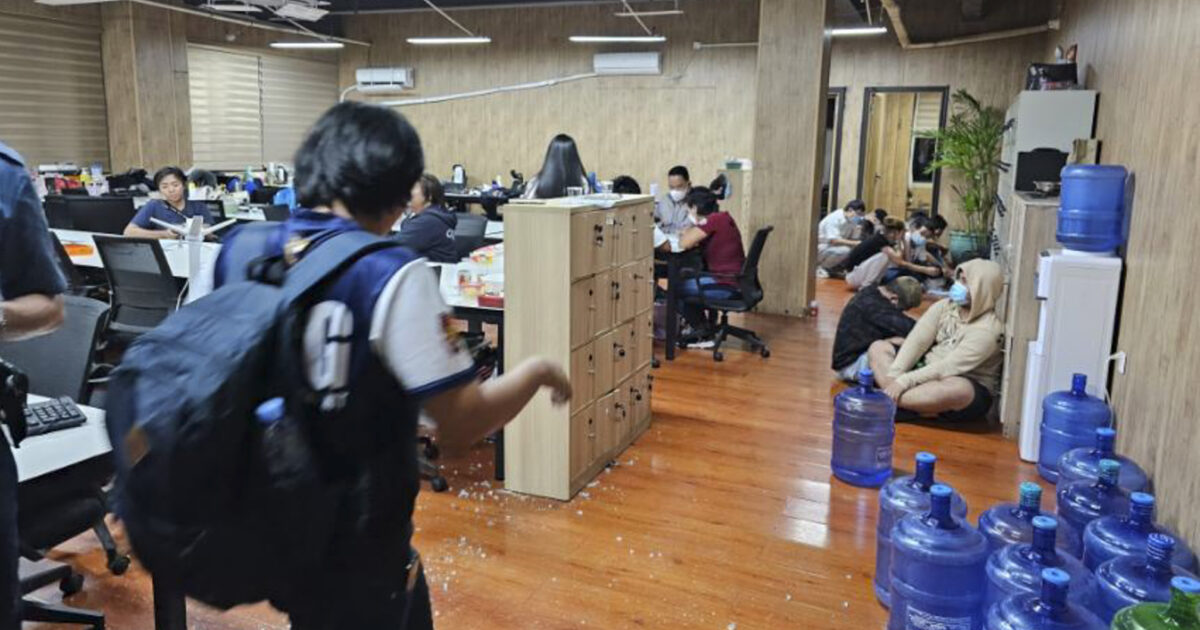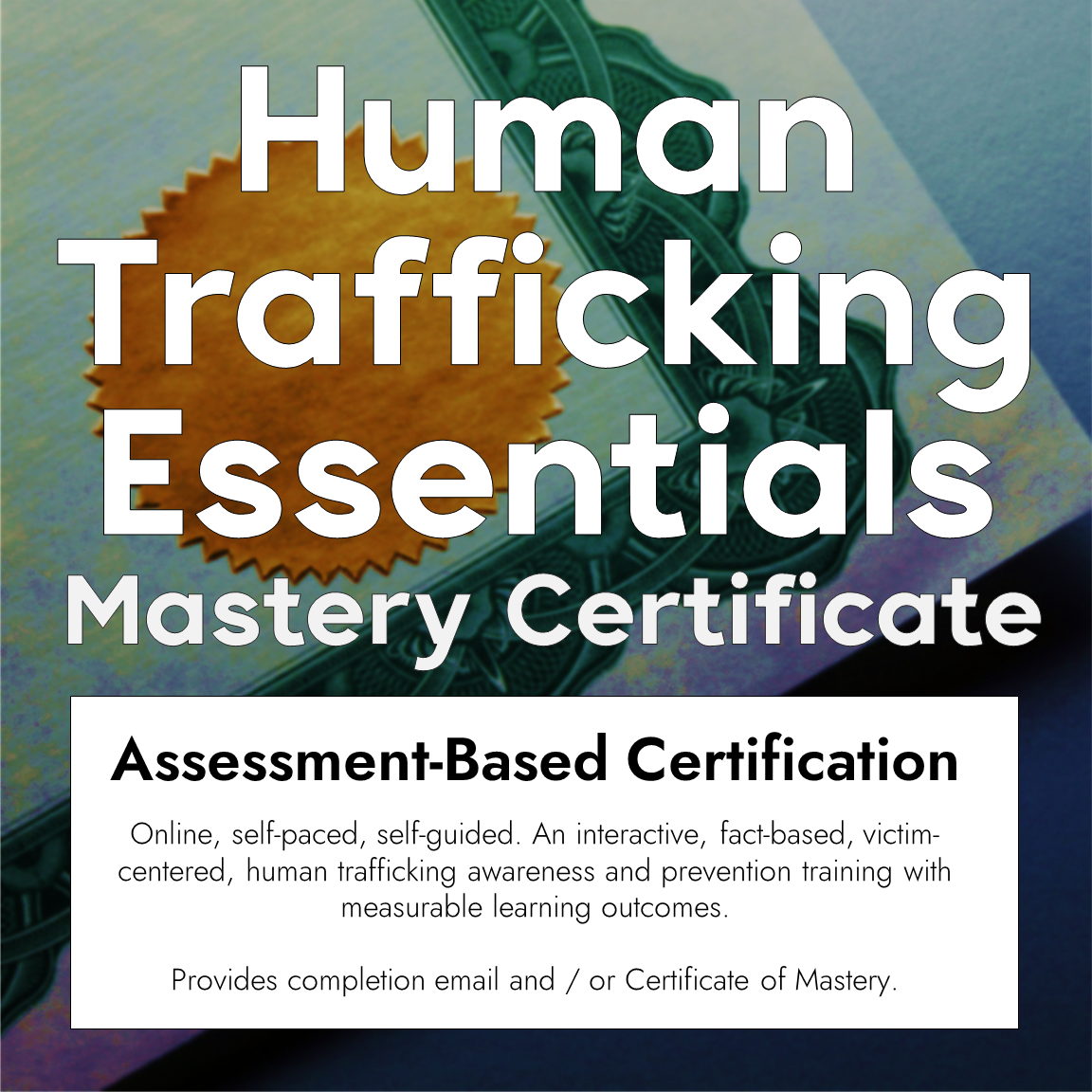Human Trafficking in the Philippines

Police and armed commandos in the Philippines staged a massive raid over the summer. They weren't searching for weapons or drugs. They were looking for people. Officials believe human traffickers had lured thousands into a life of cybercrime.
What do the BBC, Greece's Education Ministry, Facebook, and the city of Dallas, Texas, have in common? All experienced serious data breaches—in May alone! Almost anyone or any group can be a victim. The International Police (Interpol) cybercrime website points out that “cybercrimes know no national borders.” That's partly what makes them difficult to prosecute.
Cybercrime scams are a major problem in Asia. Criminals lure people from the region and beyond into jobs. They use ads on social media and promises of high salaries and ideal working conditions to find workers. Then they send them to toil in countries like strife-torn Myanmar and Cambodia.
Sadly, when workers arrive, the promises evaporate. Many recruits find themselves trapped in near-slavery. Their “employers” force them to cheat others over the internet.
Those who scam, defraud, and deceive others violate numerous Bible principles. Consider these words of wisdom: “Whoever oppresses a poor man insults his Maker, but he who is generous to the needy honors Him.” (Proverbs 14:31)
The Philippines seems an especially popular spot for gangs of cybercriminals to set up shop. The country has become a key base for online gaming sites and cybercrime groups.
Despite Filipino laws against cybercrime, enforcement isn't strong. There are too few resources, especially for crimes involving forced labor.
Sydney Hernia heads the Philippines' police anti-cybercrime unit. He says police rescued more than 2,700 trafficking victims from seven buildings in June. Workers came from China, the Philippines, Vietnam, Indonesia, and more than a dozen other countries.
Several foreign embassies cooperated. They identified six suspected leaders of the trafficking ring.
Previously, police had raided another suspected cybercrime base north of Manila. That time, they took custody of nearly 1,400 Filipino and foreign workers. Criminals allegedly forced those workers to carry out cryptocurrency scams.
Some workers say they tried quitting. But doing so involved hefty fines for unclear reasons. Some feared they would be sold to other crime groups. Workers also had to pay fines for supposed slip-ups at work.
In May, leaders from the Association of Southeast Asian Nations discussed cybercrime and human trafficking. They agreed to tighten border controls and increase law enforcement. Further, they decided to broaden public training to fight criminal groups that traffic workers.
Some of the best advice comes from data security expert Stephane Nappo: “One of the main cyber-risks is to think they don't exist.”
Why? Being aware of cybercrime and trafficking could be one of the best defenses against becoming a victim. That knowledge can also make you aware of some kinds of trauma other image-bearers experience.
Pray for victims of human trafficking and for those who seek to prosecute the criminals involved in criminal activity.
This “Eyes on Trafficking” story is reprinted from its original online location.
Fair Use Notice: The PBJ Learning Knowledge Vault is dedicated to advancing understanding of various social justice issues, including human trafficking and related topics. Some of the material presented on this website may contain copyrighted material, the use of which has not always been specifically authorized by the copyright owner. We are making such material available in our efforts to promote education and awareness of these important issues. There is no other central database we are aware of, so we put this together for both historical and research purposes. Articles are categorized and tagged for ease of use. We believe that this constitutes a ‘fair use' of any such copyrighted material as provided for in section 107 of the US Copyright Law. In accordance with Title 17 U.S.C. Section 107, the material on this site is distributed without profit to those who have expressed a prior interest in receiving the included information for research and educational purposes. For more information on fair use, please visit: “17 U.S. Code § 107 – Limitations on exclusive rights” on Cornell Law School's Legal Information Institute.

ABOUT PBJ LEARNING
PBJ Learning is a leading provider of online human trafficking training, focusing on awareness and prevention education. Their interactive Human Trafficking Essentials online course is used worldwide to educate professionals and individuals how to recognize human trafficking and how to respond to potential victims. Learn on any web browser (even your mobile phone) at any time.
More stories like this can be found in your PBJ Learning Knowledge Vault.
EYES ON TRAFFICKING
This “Eyes on Trafficking” story is reprinted from its original online location.
ABOUT PBJ LEARNING
PBJ Learning is a leading provider of online human trafficking training, focusing on awareness and prevention education. Their interactive Human Trafficking Essentials online course is used worldwide to educate professionals and individuals how to recognize human trafficking and how to respond to potential victims. Learn on any web browser (even your mobile phone) at any time.
More stories like this can be found in your PBJ Learning Knowledge Vault.

